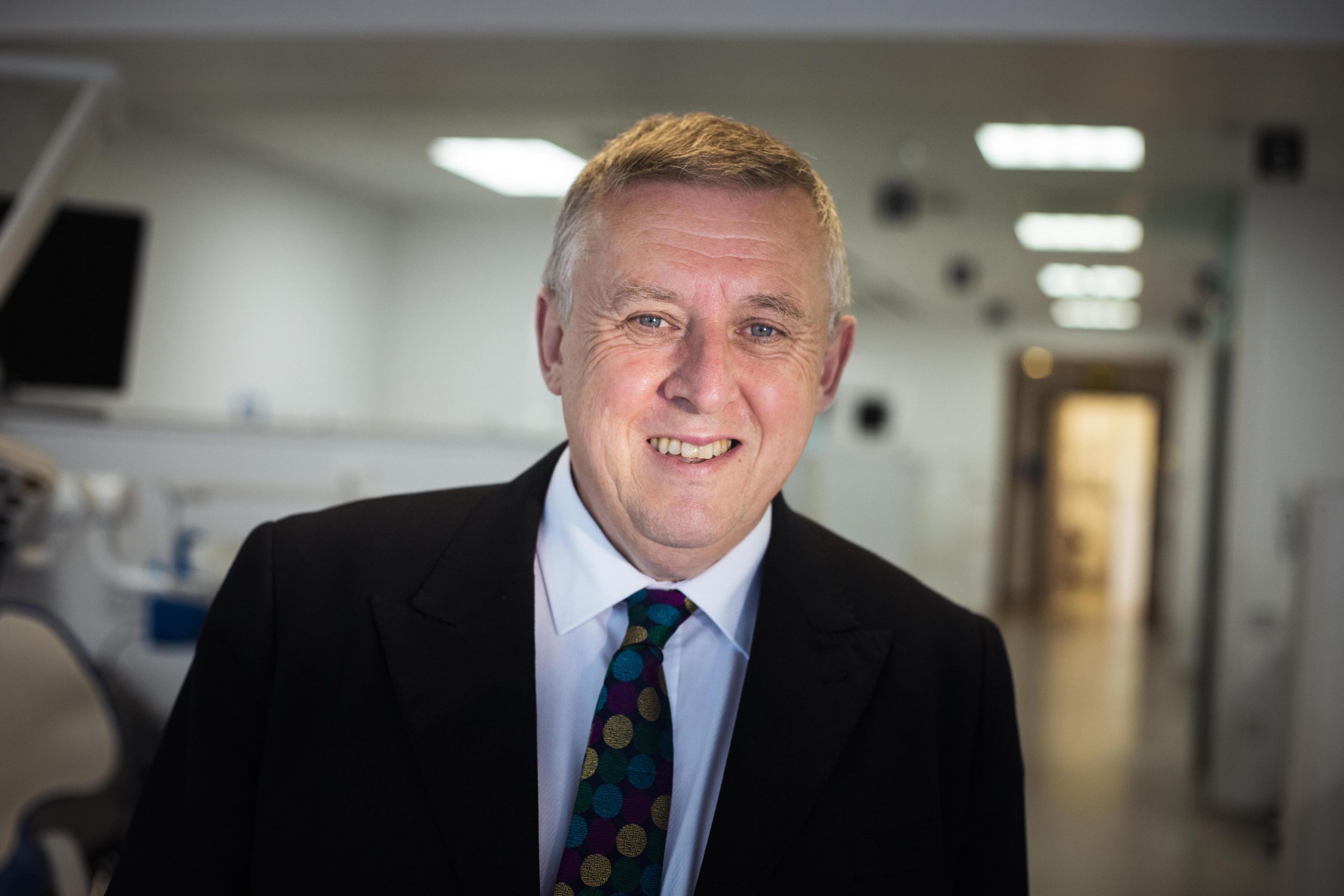Are we training too many dentists?
Profession challenged over number of GDPs compared with dental hygienists and therapists
A leading figure in the Scottish dental profession has questioned whether the number of dentists trained should be reduced and the number of dental hygienists and therapists increased.
Professor Philip Taylor, Dean of Dental Surgery at the Royal College of Surgeons in Edinburgh, was speaking during a question-and-answer session at the Scottish Dental Association’s Summit last month.
“Perhaps a more fundamental thing, and perhaps a scarier discussion, is should we be training as many dentists? Should we start to train more hygienists and therapists? We actually need [them] if we are going to solve the periodontal problem.
“Like the model in some of the states in America, where you have one dentist, you have 20 hygienists or 20 therapists that are working away. They’re cheaper to train, they can do the job perfectly well. And the dentist would be the person doing the diagnostics, making the treatment plan, and doing the more complex treatment.
“Another question is actually, when you qualify as a dentist, should you be able to do all these things? You could do [it] in a modular fashion, where people qualify as a basic dentist, and then add modules onto their career. Very, very controversial indeed. But it’s a reality if you want quality dental care.”
Professor Taylor’s comments coincide with the launch of a new column in Scottish Dental by Kyle Anderson, the Scottish Representative for the British Association of Dental Therapists.
Writing in this edition of Scottish Dental, Kyle says: “There is a pivotal role that therapists and hygienists can play following the pandemic in practice. Periodontal disease has been linked to health conditions such as diabetes, heart disease and Alzheimer’s, and as highlighted in several recent international and British studies, it could now pose serious risk of COVID-19 complications.
“Therapists and hygienists are best suited to treat periodontal disease and more can be done
to prevent the progression of gum disease. The treatment for periodontal disease can be carried out without requiring AGP’s and is largely based on prevention.
“The hygienist and therapist, if given the opportunity to provide their full scope of practice, could reduce waiting times for appointments with the dentist by triaging and providing treatment under referral or working under direct access.”


1 Comment
Absolutely agree
Such a shame the hyg/theory course was made into degrees and the diploma option wasn’t also still recognised (I believe Essex has a similar course).
A lot of very experienced dental nurses do not have A levels so do not meet the entry requirements, however, they actually would have more dental experience than someone with an a-level, which I believe this experience would be head and shoulders above an A level!